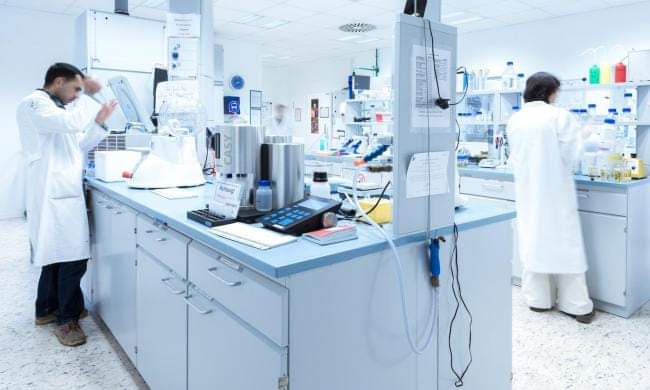can i switch from medical laboratory science to medicine and surgery?
👇👇👇👇👇👇
CAN I SWITCH FROM MEDICAL LABORATORY SCIENCE TO MEDICINE AND SURGERY?
Medical laboratory science is the use of chemical laboratory tests to detect, diagnose, monitor, and treat diseases. Blood, tissue, and body fluids can be chemically analyzed and examined for foreign organisms and abnormalities. A Medical laboratory scientist aims to analyze a variety of biological specimens. They perform scientific testing on samples and relay results to physicians. They use sophisticated clinical equipment like microscopes, cell counters and other high precision equipment to carry out tests in chemistry, hematology, immunology, transfusion medicine, and microbiology. The decision of a physician regarding a patient’s diagnosis, hospital admission, treatment, and discharge is heavily dependent on a Medical laboratory scientists report. Medical laboratory scientists work in places such as hospital, clinics, forensic and public health laboratories, Pharmaceutical industries, Biotechnology companies, Vet clinics, and research institutions.
Medicine and surgery is the field of study where scientific principles are employed in order to diagnose, treat and prevent diseases and improve the standard and quality of life medically. Upon completion of study which takes about six (6) years in the university, you will be awarded the degree known as MBBS (Bachelor of Medicine and Surgery). It is also the science and “art” of maintaining and/or restoring health through the study of, diagnosis and treatment of patients. It is the application of health science, biomedical research, and medical technology to diagnose treat and injury and disease typically through medication, surgery or some other forms of therapy.
Now to answer the question you asked, can one switch from med lab science to medicine and surgery?
Yes, it is possible to switch from Medical Laboratory Science to Medicine. The first way of changing your course to Medicine is by writing the Unified Tertiary Matriculation Examination again along with the Post UTME of the school after which if you meet up to the cut-off marks for admission for that year (Usually 80 and above out of hundred), you will be offered admission to study Medicine in the Faculty of Clinical Sciences as a 100 level student.

The second way of getting into the Medicine from the department of Medical Laboratory Science is through internal transfer/ Change of course in the university popularly known as “Leg”. But of course you can only be accepted by the Faculty of Clinical Sciences if you perform exceptionally well in your first two semesters in Medical Laboratory Science, that is you should score at least an “A” in the following courses; Physics (PHY), Chemistry (CHM), Zoology (ZOO), and Use of English (SER). Generally a very good result will qualify you for assured internal transfer to Medicine.
Lastly, if you are still an aspiring student and after writing both UTME and post UTME you discover your score doesn’t meet up with the cut-off mark for Medicine, there is always the option of A-levels which enables you to further your studies in Medicine from 200 level provided also that you perform well on the Joint Universities Preliminary Examination Board (JUPEB) examination. Some universities also offer pre-degree courses for aspiring students which prepares them thoroughly for studying in the university. Although most times there is the situation of your lecturers not releasing you to another department when you perform very well and lecturers in your new department not accepting you when you perform averagely or too low.
Olayinka Shyllon
This article is the intellectual property of www.nimedhealth.com.ng























